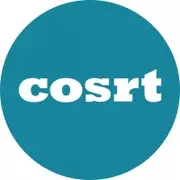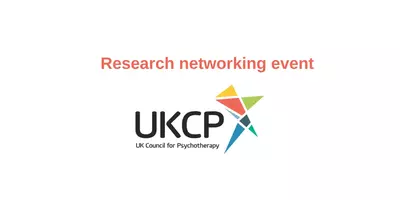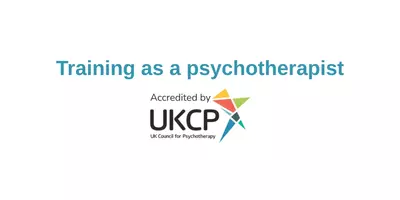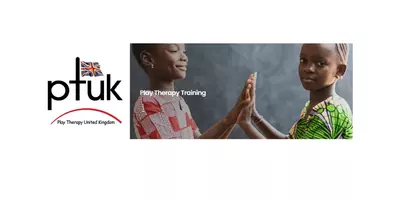
16 Jun 2025 ● COSRT - College of Sexual and Relationship Therapists
Summer Conference: What is Psychosexual and Relationship Therapy?
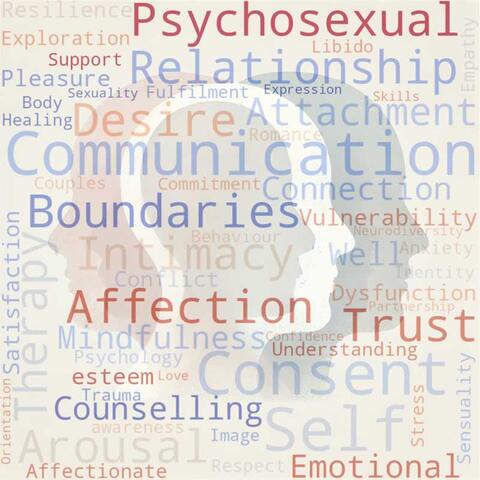
24 July: What is Psychosexual and Relationship Therapy? 2025 and beyond
£70.00 – £100.00
Our Summer Conference for 2025 will explore the evolution of the field of Psychosexual and Relationship Therapy and how it is adapting to meet the needs of Service Users in 2025. With thought provoking content suitable for specialist and generalist therapists alike, this will be an invaluable learning opportunity.
Time: 10am – 5pm
Location: Online
CPD Hours: 6
Description
We are delighted to announce that tickets are now available for our first conference in 2025. On the 24th July we will bring together academics and practitioners to explore what Psychosexual and Relationship Therapy really is, and how is it evolving in 2025.
The term Psychosexual and Relationship Therapy has seen increasing use in recent years but many remain uncertain on where it came from and why. What is Psychosexual and Relationship Therapy? How is it different to Sex or Psychosexual Therapy? And given the ever-changing world around us, how must it adapt to meet the needs of Service Users?
This conference will tackle those issues and much more. With thought provoking content suitable for specialist and generalist therapists alike, this will be an invaluable learning opportunity.
Session one: Judi Keshet-Orr
How did we get to Psychosexual and Relationship Therapy? From small beginnings to an integrated modality.
This session will explore the evolution of the discipline. We will look at the gradual interlinking of previously separated conceptual and practical elements. The necessity for our modern, integrated modality which uniquely takes account of the interplay between the psychological, social and biological will be laid bare.
Session two: Bernd Leygraf
Think Global not Local: Challenging Western Models of Sex Relationships and Gender.
What happens when we don’t assume cultural superiority and learn from and within cultures where the road-signs are not in English?
The therapies we discuss and practice have too often been defined by being insular. Western views have dominated whilst gender and wider demographic diversity has been rare. This session will explore how looking for evidence and insight globally can bring lessons to change our practice and improve outcomes for Service Users.
Session three: Dr Reenee Singh
Diversity in Couple Relationships.
In the fast changing, globalized context of 2025, intercultural and transnational relationships are on the rise. Such relationships may be heterosexual, same sex or present in different forms, such as polyamorous. Although intercultural relationships have strengths and resiliencies, they present with unique challenges. In this presentation, I will start by providing a brief theoretical and research overview. I will draw on clinical vignettes and extracts from contemporary film and media to highlight the complexity of intercultural relationships and the dilemmas they pose for us, as relationship and psychosexual therapists.
Session four: Dr Stephanie Buehler
“Couples Doesn’t Cut It: Using the Sexological Ecosystem in Understanding ENM”
Much of therapy has focused on a person within a couple, or on the couple itself. This session will show delegates why that simply does not meet the needs of modern Service Users. The modern diversity of relationship models will be explored, with a focus on Dr Buehler’s sexological ecosystem framework and how this can enable therapists to better support Service Users in more diverse relational structures.
Session five: Dr Eli Joubert
What about the old core business? New perspectives on common presentations and treatments.
At the centre of Psychosexual and Relationship Therapy are issues that don’t go away. Sexual dysfunction, sexual behaviours, the impacts of medical interventions and so on. But the understanding and treatment of issues does change, often outside the realms of talking therapy. Dr Joubert’s session will explore how things such as the roll out of PREP, or new advances in medical interventions change the landscape in which talking therapy takes place – and why therapists must stay informed.
Session six
Plenary session. So, what next?
The plenary session will bring together all speakers in a moderated discussion aimed at pulling out key lessons from the day. Perhaps most importantly, the question of what next for the modality and its practitioners will be addressed. What are the priorities to ensure Psychosexual and Relationship Therapy continues to evolve and continues to be of high impact and value to Service Users?
